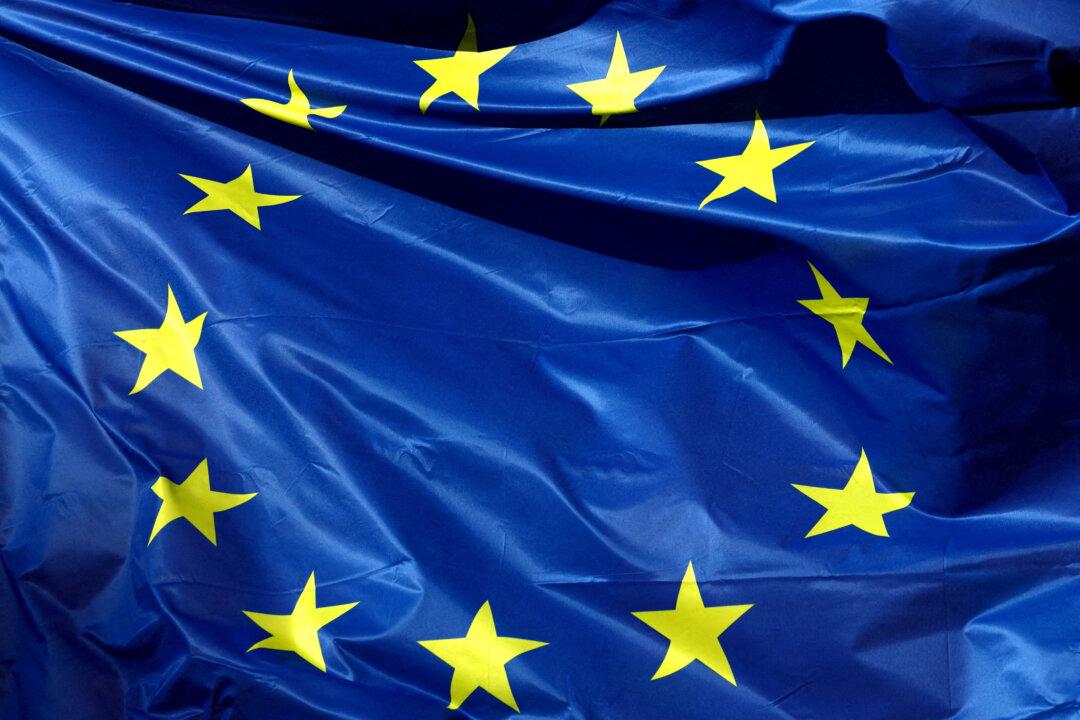The European Commission announced plans to significantly revamp its economic strategy to meet the demands of the European Union’s major industry players, who have long complained about excessive taxation, exorbitant energy prices, and an impenetrable bureaucracy.
The “Simplification Omnibus” aims to enable the 27-nation bloc to compete with the likes of the United States and China.





